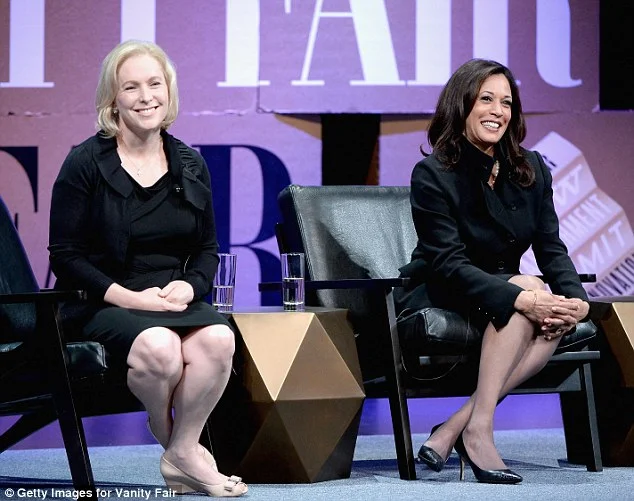Why McCain/Trump more than personal rift by Luke Perry
Republican Senators have increasingly begun to voice concern about Trump’s presidential leadership and foreign policy. The criticism of John McCain, the most outspoken member of this faction, is more than a personal rift and instead reflects fundamentally different views about the nature of American identity and international affairs under the Trump administration.
Senator McCain has never been an enthusiastic supporter of the president thanks to his unprecedented criticism during the campaign. “He’s not a war hero,” Trump said of McCain in July of 2015, “I like people who weren’t captured.”
Trump has been merciless and unrepentant in attacking his political detractors. Scorched earth tactics may be effective in business, when a handshake and mutual profit can smooth things over. It doesn’t fit well with national politics, which prioritizes detailed knowledge of political processes and the nurturing of personal relationships, particularly with those you disagree with. For some, including Senator McCain, duty and honor, have real meaning as well.
McCain recently articulated a list of national concerns seemingly inspired by the Trump presidency: 1) universal Western values being threatened by sectarianism; 2) increased resentment toward immigrants; 3) increased unwillingness to separate truth from lies; and 4) flirtation with authoritarianism. McCain also refused to draw moral equivalency between the U.S. and its enemies, particularly Vladimir Putin, in contrast to the president.
This came on top of prominent Republicans criticizing Trump’s initial executive order regarding immigration. Lindsey Graham (R-SC) joined McCain in stating the order “may do more to help terrorist recruitment than improve our security.” Bob Corker (R-TN), Chair of the Senate Foreign Relations Committee, campaign adviser to Trump, and a finalist for Secretary of State, believed the order was “poorly implemented” and immediate revisions were necessary. While this order was struck down by federal courts, President Trump issued new deportation enforcement directives this week, applicable to all undocumented individuals in the country, an estimated 11 million people.
Meanwhile GOP Senators defended free trade agreements, including NAFTA, during visits to their home states over Congressional recess. John Thune (R-SD), the third ranking member of GOP Senate Leadership, expressed confusion about Trump’s trade policy. The administration clearly has “a different view on some of these trade matters,” Thune explained, than the “traditional Republican trade view on Capitol Hill.” Pat Roberts (R-KS) lamented Trump’s “wrecking ball” approach to trade. Cory Gardner (R-CO) and Tim Scott (R-SC) lauded the benefits of NAFA, while Scott suggested that an “America First” posture should consider “long-term ramifications of trade deals and not just short-term victories.”
Trump may soon reach a crossroads between his current path, closely aligned with Steve Bannon, a dystopic vision of America that prioritizes economic nationalism, and traditional conservatives, led by GOP Senators, who have long favored American exceptionalism and free trade.
President Trump believes he came to office with a mandate to change business as usual in Washington. It remains to be seen if his alternative vision of America and its place in the world has enough support within his party to be sustained.
Luke Perry (@PolsciLukePerry) is Chair and Associate Professor of Government at Utica College






